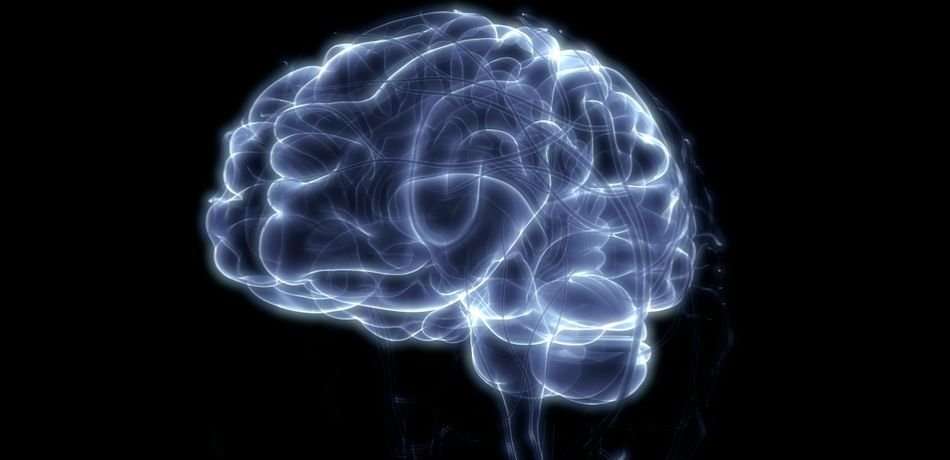Microdosing magic mushrooms induces a state of 'unconstrained thought,' enhancing convergent and divergent thinking.
Microdosing psychedelics — such as magic mushrooms, LSD, or peyote — to improve cognition, productivity, and creativity is no longer thought to be a controversial practice in some circles.
As the Independent recently observed, microdosing psychedelics is no longer an underground Silicon Valley tradition — the trend has spread to other workplaces.
Previous research had indicated that there may be some substantiation of widespread anecdotal praise of psychedelic microdosing, but a new study from Leiden University in the Netherlands shows that microdosing magic mushrooms enhances creativity and problem solving abilities as well as convergent and divergent thinking.
Titled “Exploring the effect of microdosing psychedelics on creativity in an open-label natural setting,” published in the Springer-branded journal Psychopharmacology — and authored by Luisa Prochazkova, Dominique P. Lippelt, Lorenza S. Colzato, Martin Kuchar, Zsuzsika Sjoerds, and Bernhard Hommel — the study probes the effects of minute doses of magic mushrooms on cognition.
In an effort to examine the effects of microdosing psilocybin mushrooms, researchers subjected 36 individuals present at a microdosing event organized by the Dutch Psychedelic Society to two separate tests: the Picture Concept Task, used to assess convergent thinking — and the Alternative Uses Task, used to assess divergent thinking.
Study.com defines convergent thinking as “the process of finding a single best solution to a problem that you are trying to solve,” and divergent thinking as “the process of creating many unique solutions in order to solve a problem.”
Each participant consumed an average of 0.37 grams of psilocybin, or “magic,” mushrooms.
In both experiments, study participants performed significantly better after microdosing.
Performance on the Picture Concept Task was significantly higher in the second session, showing an improvement of convergent thinking.
The four measures of the Alternative Uses Task — fluency, flexibility, elaboration, and originality — showed that study participants performed significantly better in the second session as well, demonstrating an increase in divergent thinking.
Concluding the study, Prochazkova suggested that microdosing magic mushrooms induces a state of ‘”unconstrained thought,'” enhancing convergent and divergent thinking, but also observed that future research needs to confirm their findings in placebo-controlled settings.
In a press release supplied to ScienceDaily, lead author Luisa Prochazkova said the following.
“Taken together, our results suggest that consuming a microdose of truffles allowed participants to create more out-of-the-box alternative solutions for a problem, thus providing preliminary support for the assumption that microdosing improves divergent thinking. Moreover, we also observed an improvement in convergent thinking, that is, increased performance on a task that requires the convergence on one single correct or best solution.”
Prochazkova hopes that these findings will motivate future studies, noting that — apart from improving cognition — microdosing psychedelics could also help individuals suffering from depression, obsessive-compulsive disorder, or rigid thought patterns.

GeneralUranuz on October 25th, 2018 at 23:37 UTC »
Small side note: the researchers talk about truffels, not mushrooms. Both contain psilocybin, but shrooms a higher dosage. Thus, 0.37g of mushrooms might be a bit stronger. Depending on type though..
DietInTheRiceFactory on October 25th, 2018 at 18:27 UTC »
"Each participant consumed an average of 0.37 grams of psilocybin, or “magic,” mushrooms."
In case anyone else was curious and didn't want to read.
jebotionmater on October 25th, 2018 at 17:26 UTC »
Exploring the effect of microdosing psychedelics on creativity in an open-label natural setting
Abstract
Introduction
Taking microdoses (a mere fraction of normal doses) of psychedelic substances, such as truffles, recently gained popularity, as it allegedly has multiple beneficial effects including creativity and problem-solving performance, potentially through targeting serotonergic 5-HT2A receptors and promoting cognitive flexibility, crucial to creative thinking. Nevertheless, enhancing effects of microdosing remain anecdotal, and in the absence of quantitative research on microdosing psychedelics, it is impossible to draw definitive conclusions on that matter. Here, our main aim was to quantitatively explore the cognitive-enhancing potential of microdosing psychedelics in healthy adults.
Methods
During a microdosing event organized by the Dutch Psychedelic Society, we examined the effects of psychedelic truffles (which were later analyzed to quantify active psychedelic alkaloids) on two creativity-related problem-solving tasks: the Picture Concept Task assessing convergent thinking and the Alternative Uses Task assessing divergent thinking. A short version of the Ravens Progressive Matrices task assessed potential changes in fluid intelligence. We tested once before taking a microdose and once while the effects were expected to be manifested.
Results
We found that both convergent and divergent thinking performance was improved after a non-blinded microdose, whereas fluid intelligence was unaffected.
Conclusion
While this study provides quantitative support for the cognitive-enhancing properties of microdosing psychedelics, future research has to confirm these preliminary findings in more rigorous placebo-controlled study designs. Based on these preliminary results, we speculate that psychedelics might affect cognitive metacontrol policies by optimizing the balance between cognitive persistence and flexibility. We hope this study will motivate future microdosing studies with more controlled designs to test this hypothesis.